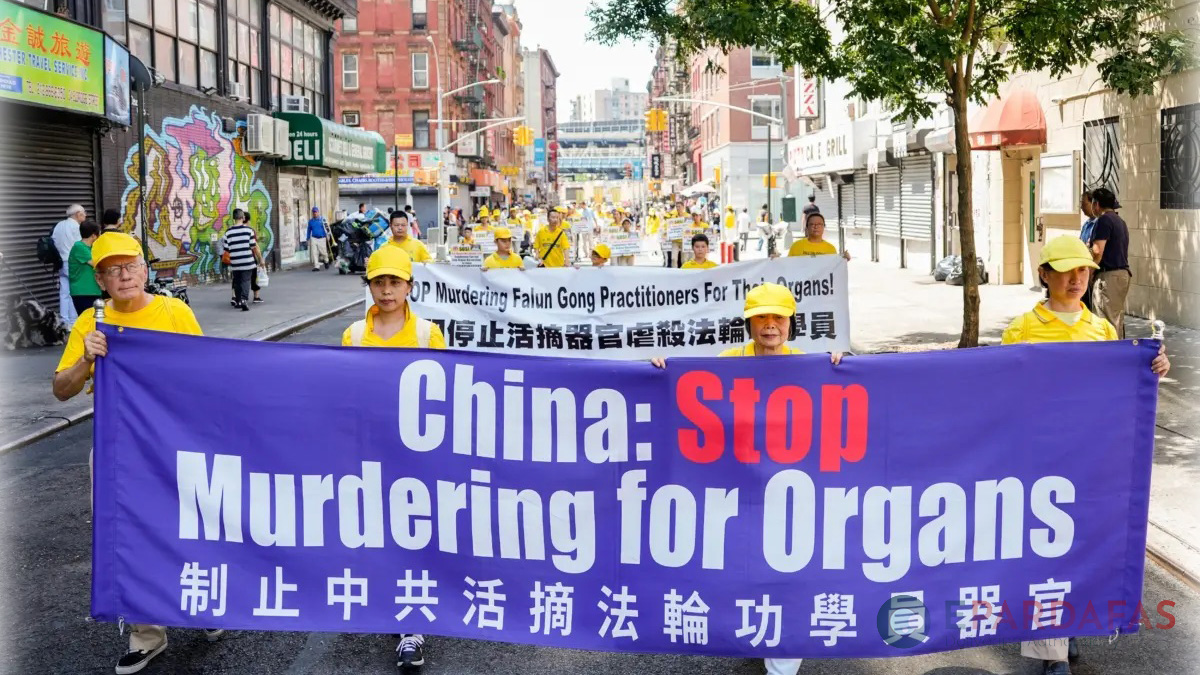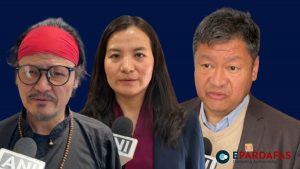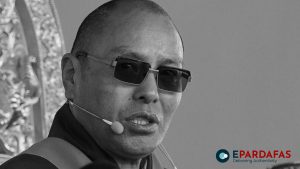
First Survivor of China’s Forced Organ Harvesting Breaks Silence, Exposes Atrocities

Cheng Pei Ming, the first known survivor of China’s forced organ harvesting campaign targeting religious prisoners, has come forward to reveal the horrors he endured under the Chinese Communist Party (CCP). At 58 years old, Cheng shared his harrowing experience for the first time, describing the “extreme pain” he still feels 20 years after parts of his lung and liver were forcibly removed.
In an emotional interview with The Telegraph, Cheng recounted how he believed he would not survive the brutal treatment inflicted upon him. “I’m not sure they thought I could survive, but I did,” Cheng said, revealing a scar that encircles his chest, a physical reminder of the torment he suffered.
Cheng, a practitioner of Falun Gong—a spiritual movement that was banned in China in 1999—was detained and tortured by the Chinese state for his beliefs. The CCP, viewing religious groups as a threat to its ideological control, labeled Falun Gong an “evil cult” and launched a relentless crackdown on its followers.
In the years following the ban, China’s organ transplantation industry saw a dramatic rise, with vital organs becoming readily available in state-run hospitals within days—an unprecedented timeframe in global transplantation systems. In 2019, an independent tribunal in London confirmed that the Chinese government continued to commit crimes against humanity by harvesting organs from minorities, including Falun Gong practitioners.
Cheng, who was first arrested in September 1999, endured years of torture for refusing to renounce his faith. He described being “kidnapped by the CCP” five times, each time suffering “unbearable” torture. “I remembered asking: ‘Why don’t you kill me instead?’ And they said: ‘It is too easy, we get great pleasure in torturing you,’” Cheng recalled.
In 2002, Cheng was sentenced to eight years in prison, where he witnessed fellow Falun Gong inmates disappear, either sent to “re-education” labor camps or tortured to death. In July 2004, Cheng was forcibly taken to a hospital, where agents from the CCP’s infamous 610 Office—often compared to a modern-day Gestapo—attempted to make him sign consent forms for surgery. When he refused, he was knocked unconscious and subjected to a horrific operation that left him with a 35cm incision across his chest.
Despite the odds, Cheng survived and managed to escape from captivity two years later. For nearly a decade, he lived a life on the run, hiding under false names to evade the CCP’s relentless pursuit. Eventually, he fled to Thailand, where he was granted UN refugee status, and in July 2020, he reached the safety of the United States.
Today, Cheng continues to struggle with the physical and emotional scars of his ordeal, but he is determined to tell his story. “I want the world to know how evil the CCP is. It does not only seek to harm people in China, but the world. I have to expose what has happened to the Falun Gong,” he declared.
Dr. Charles Lee, a leading advocate for the Falun Gong movement who himself was arrested and tortured by the CCP in 2003, emphasized the significance of Cheng’s testimony. “This should be an alarm to people and governments around the world that the CCP does not care for human lives,” Dr. Lee said.
Cheng’s courage in speaking out comes at a time of growing international scrutiny over China’s human rights abuses. In June, the U.S. House of Representatives passed the Falun Gong Protection Act, aimed at ending the persecution of Falun Gong practitioners and the forced organ harvesting from detained members of the faith.
As Cheng prepares to share his story publicly in Washington, he hopes to shine a light on the atrocities committed by the CCP and inspire global action to protect the rights of religious minorities in China.












Comments